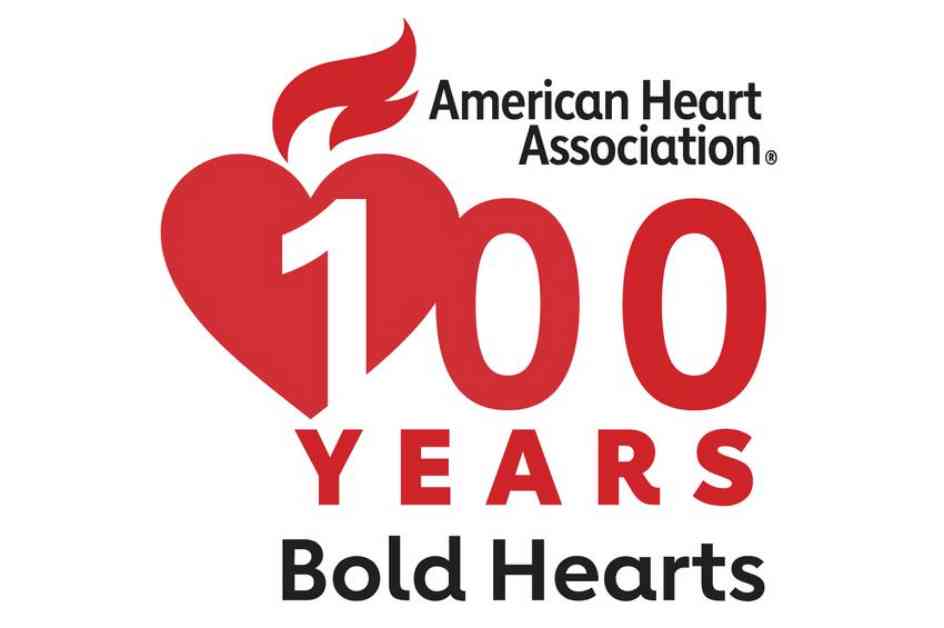**Managing Cardiovascular Disease Risk in Non-Cardiac Surgery**
The 2024 guide for cardiovascular treatment in adults undergoing non-cardiac surgery reflects a decade of updates and new evidence since the last guide was published in 2014. The guide is a collaboration between the American Heart Association (AHA) and the American College of Cardiology (ACC) and aims to address the assessment and management of cardiovascular patients before, during, and after non-cardiac surgery. It was released in Circulation, the AHA’s flagship peer-reviewed journal, and simultaneously in JACC, the ACC’s professional journal.
**Key Recommendations in the Guide:**
The updated guide is specifically tailored for patients scheduled for non-cardiac surgery, providing recommendations from preoperative evaluation to postoperative care. It emphasizes the proper use of cardiovascular screening tests, treatment of cardiovascular conditions and risks, and recommendations for patients taking sodium-glucose cotransporter-2 inhibitors (SGLT2 inhibitors) for type 2 diabetes.
Developed in collaboration with various medical organizations such as the American College of Surgeons, Heart Rhythm Society, and Society of Vascular Medicine, the guide offers comprehensive insights into managing cardiovascular risks associated with non-cardiac surgeries.
**Treatment of Cardiovascular Conditions:**
The guide includes an algorithm to assist healthcare professionals in managing patients with cardiovascular conditions undergoing non-cardiac surgery. It highlights the importance of blood pressure management before, during, and after surgery, with specific recommendations for various heart conditions such as coronary artery disease, hypertrophic cardiomyopathy, and heart valve disease.
**Updated Screening Recommendations:**
Healthcare providers are advised to be judicious and specific in ordering screening tests, such as stress tests, to assess cardiac risk before surgery. The guide also incorporates recommendations for using focused emergency cardiac ultrasound for patients with unexplained hemodynamic instability during non-cardiac surgery, provided expertise in cardiac ultrasound is available.
**Medication Management Considerations:**
The guide addresses the implications of newer medications for type 2 diabetes, heart failure, and obesity in the perioperative setting. It advises discontinuing SGLT2 inhibitors several days before surgery to reduce the risk of perioperative ketoacidosis. Additionally, it discusses the potential effects of GLP-1 agonists on stomach emptying and the need to suspend these medications before surgery to prevent pulmonary aspiration risks.
For patients on anticoagulants, the guide recommends safely discontinuing these medications before surgery, resuming them postoperatively, and provides guidance for exceptions and modifications based on individual cases.
**Identified Research Needs:**
The guide underscores the importance of monitoring for myocardial injury after noncardiac surgery (MINS), a condition associated with adverse short- and long-term outcomes for patients. Further research is needed to understand the causes, prevention, and optimal management of MINS to improve patient care.
Additionally, the guide highlights the significance of monitoring and managing postoperative atrial fibrillation, emphasizing the need for close follow-up to address reversible causes and consider anticoagulation for stroke prevention.
**Conclusion:**
The 2024 guide on managing cardiovascular disease risk in non-cardiac surgery is a comprehensive resource for healthcare professionals caring for patients undergoing surgical procedures. By incorporating the latest evidence and recommendations, the guide aims to optimize patient outcomes and minimize cardiovascular complications associated with non-cardiac surgeries. Healthcare providers are encouraged to consult the guide for evidence-based strategies to improve the cardiovascular care of their patients throughout the perioperative period.


















